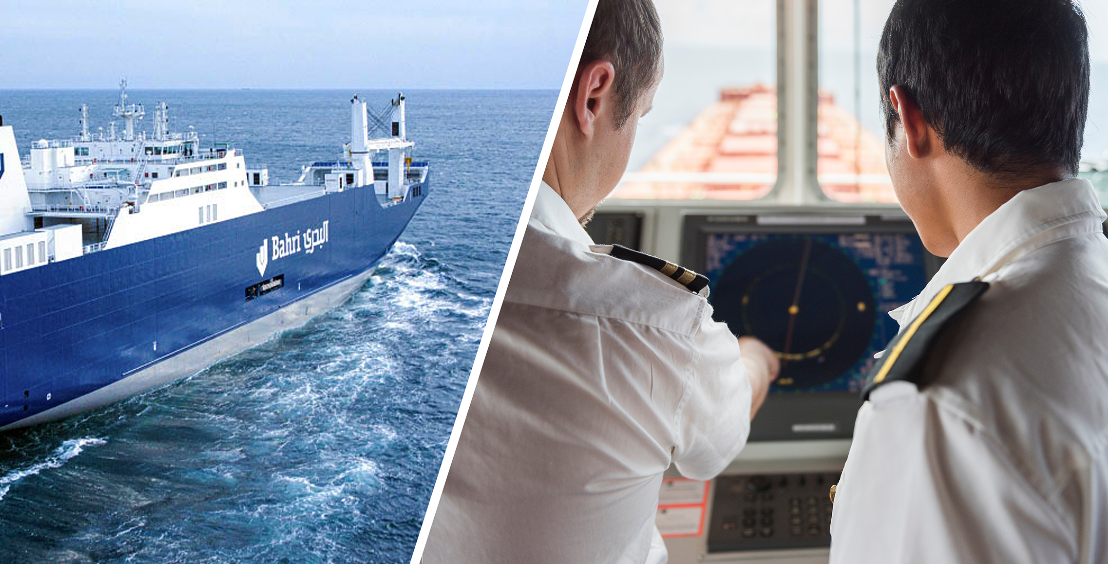IMO's Groundbreaking Efforts in Training Seafarers for Sustainable Fuel-Powered Ships
Key Ideas
- The International Maritime Organization's HTW sub-committee has developed draft interim guidelines for training seafarers on eco-friendly fuels and new technologies to address safety risks.
- Specific training guidelines are being created for various alternative fuels including hydrogen, ammonia, and battery-powered ships.
- IMO's initiatives, like the NextWave Seafarers project, aim to tackle the seafarer shortage issue, promote gender diversity, and create a scalable training framework.
- The maritime industry faces a pressing need to upskill workers, with a significant focus on handling hazards associated with ammonia and ammonia-powered vessels.
The International Maritime Organization's (IMO) sub-committee on Human Element, Training and Watchkeeping (HTW) has recently made strides in simplifying the training of seafarers working on ships powered by alternative fuels and new technologies. The IMO recognized the industry's growing need for guidance due to the increased use of sustainable fuels like hydrogen, ammonia, and others, along with the associated safety risks. The draft interim guidelines, which are set to be approved in June 2025, aim to provide comprehensive training provisions applicable across the maritime sector.
In addition to general guidelines, specific training guidelines are being developed for fuels such as methyl/ethyl alcohol, ammonia, hydrogen, LPG, and battery-powered ships. The IMO's efforts extend to addressing crucial points like reviewing the STCW convention, ensuring seafarer safety, and combating fraudulent certificates.
The IMO's collaboration with the Kingdom of Saudi Arabia on the NextWave Seafarers project signifies a pivotal step in bridging the seafarer shortage gap and promoting career opportunities for aspiring seafarers from developing nations. This initiative focuses on providing onboard training to cadets from least developed countries and small island developing states, aiming to create a diverse and skilled maritime workforce.
Despite the industry's push towards decarbonization through sustainable fuel adoption, a shortage of qualified workers to handle the unique risks associated with alternative fuels remains a significant challenge. Organizations like Lloyd's Register Maritime Decarbonisation Hub and the Mærsk Mc-Kinney Møller Center for Zero Carbon Shipping emphasize the need to upskill workers to manage hazards related to ammonia and ammonia-powered vessels. The IMO's Secretary General highlighted the importance of empowering maritime professionals to drive global shipping's future growth and sustainability through initiatives like the NextWave project.
Topics
Training
Regulations
Global Trade
Sustainable Fuels
Workforce
Career Opportunities
Gender Diversity
Training Guidelines
Maritime Workforce
Latest News
